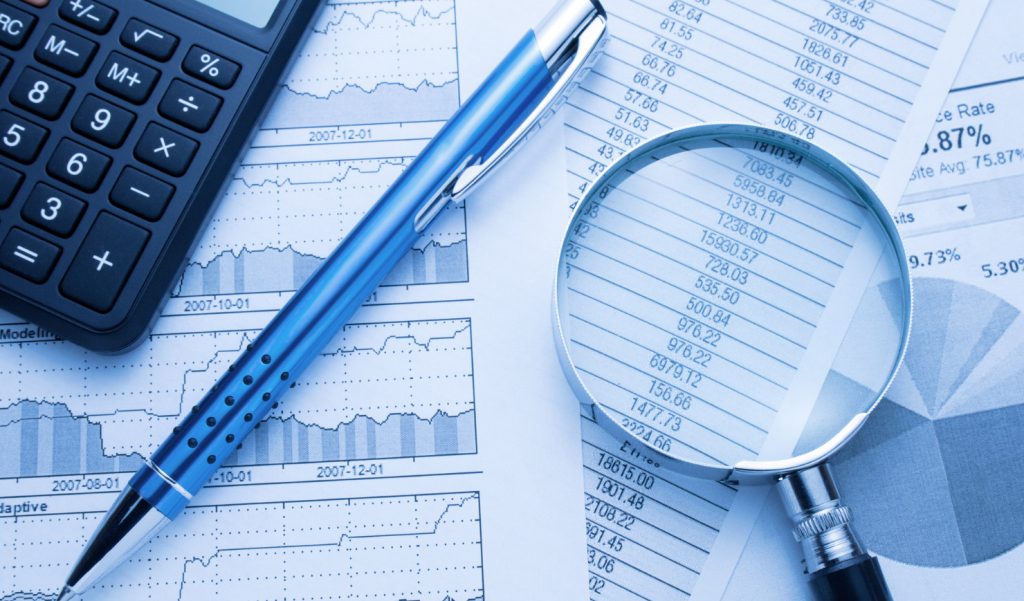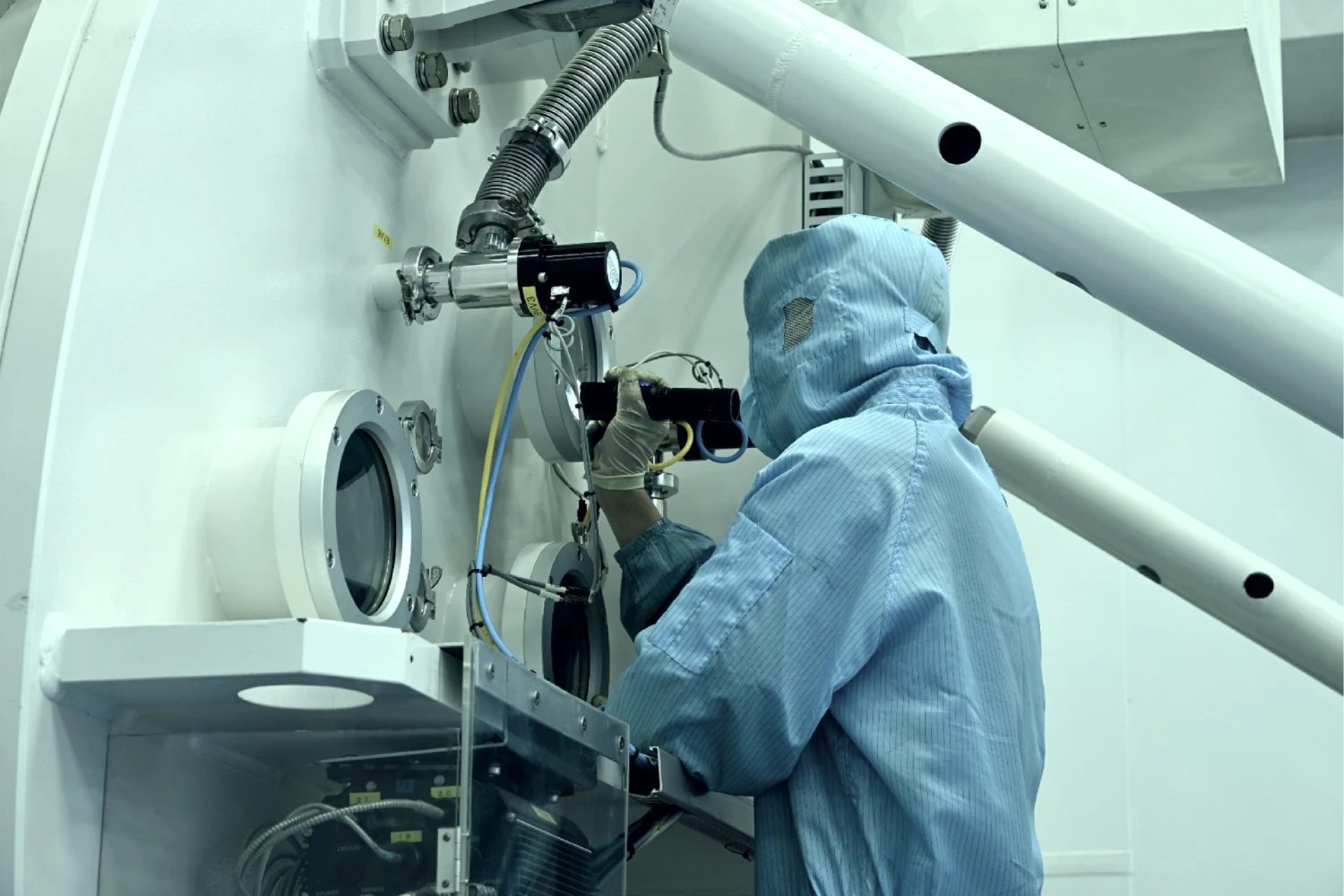
In the realm of finance and accounting, there are several specializations that cater to specific needs and requirements. One such niche, which has gained significant attention in recent years, is forensic accounting and auditing. This article aims to delve into the intricacies of this field, shedding light on its importance, application, and the skills required to excel in it.
Forensic accounting and auditing, at its core, is the application of accounting skills to legal questions. It involves the use of accounting, auditing, and investigative skills to examine the financial statements of an organization. The primary goal is to uncover any irregularities, fraudulent activities, or financial misrepresentations, and to provide an accurate representation of the financial status of the organization.
The role of a forensic accountant extends beyond the traditional boundaries of accounting. They are often called upon to serve as expert witnesses in court cases, where they present and explain complex financial evidence in a manner that is understandable to the court. They may also be involved in dispute resolution, insurance claims, bankruptcy proceedings, and corporate recovery.
The importance of forensic accounting and auditing cannot be overstated in today's complex business environment. With the increasing prevalence of white-collar crimes, such as fraud and embezzlement, the need for forensic accountants is more critical than ever. They play a pivotal role in detecting and preventing fraudulent activities, thereby safeguarding the financial health of organizations.
Forensic accounting and auditing require a unique set of skills. In addition to a strong foundation in accounting principles, forensic accountants must possess excellent analytical abilities, attention to detail, and a keen sense of skepticism. They must be able to think critically, identify patterns and anomalies in financial data, and draw logical conclusions based on their findings. Moreover, strong communication skills are essential, as they often need to present complex financial information in a clear and concise manner.
The field of forensic accounting and auditing is continually evolving, driven by advancements in technology and changes in regulatory frameworks. Emerging technologies, such as artificial intelligence and data analytics, are reshaping the way forensic accountants conduct their investigations. These tools enable them to analyze large volumes of data more efficiently and accurately, thereby enhancing their ability to detect fraudulent activities.
In conclusion, forensic accounting and auditing is a specialized field that combines accounting, auditing, and investigative skills. It plays a crucial role in detecting and preventing fraudulent activities, thereby contributing to the integrity and reliability of financial information. As the business environment becomes increasingly complex, the demand for skilled forensic accountants is set to rise, making it a promising career choice for those with a knack for numbers and a passion for justice.





